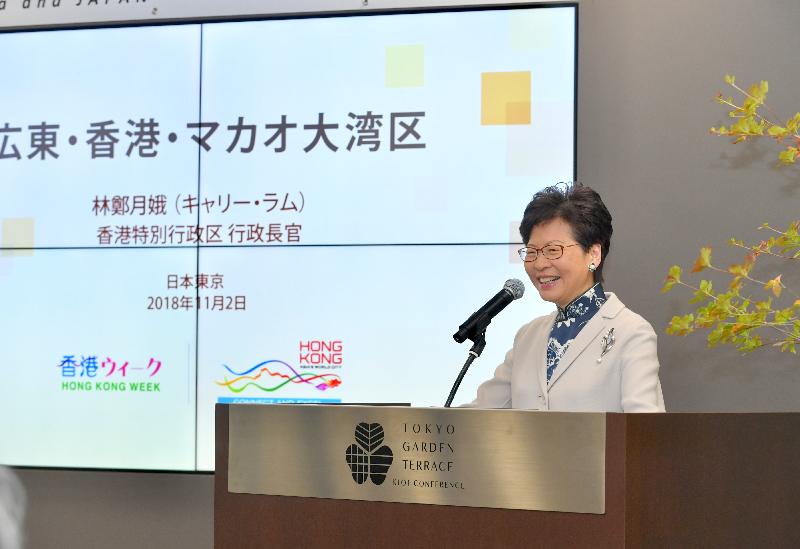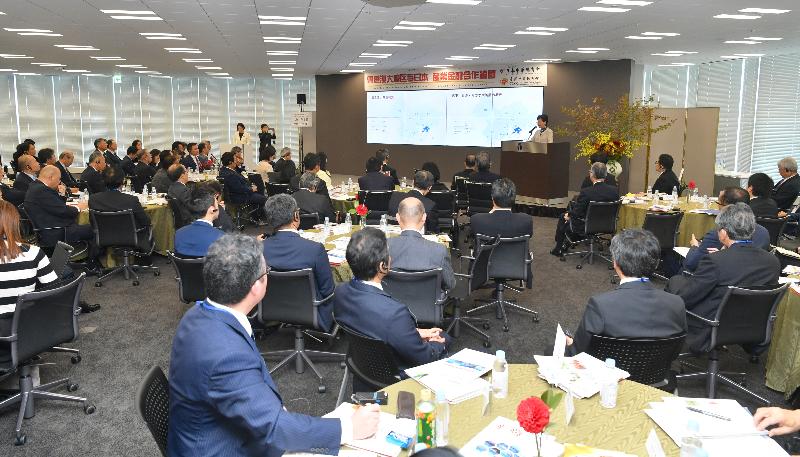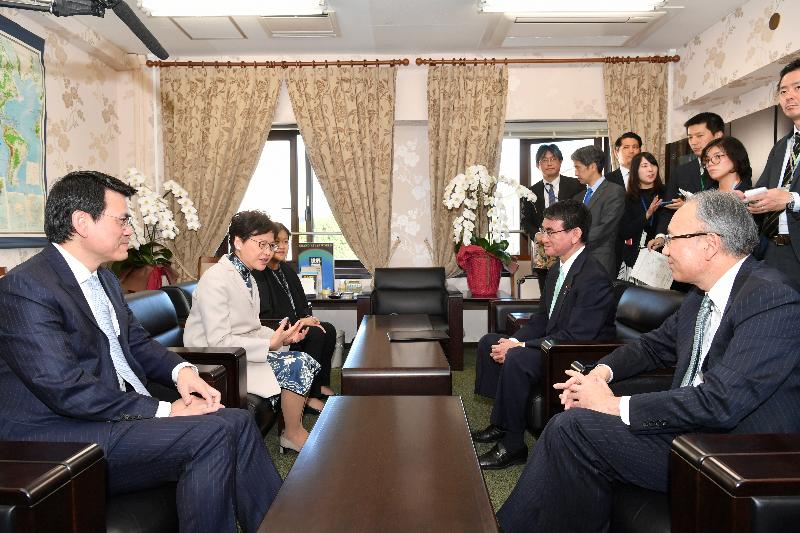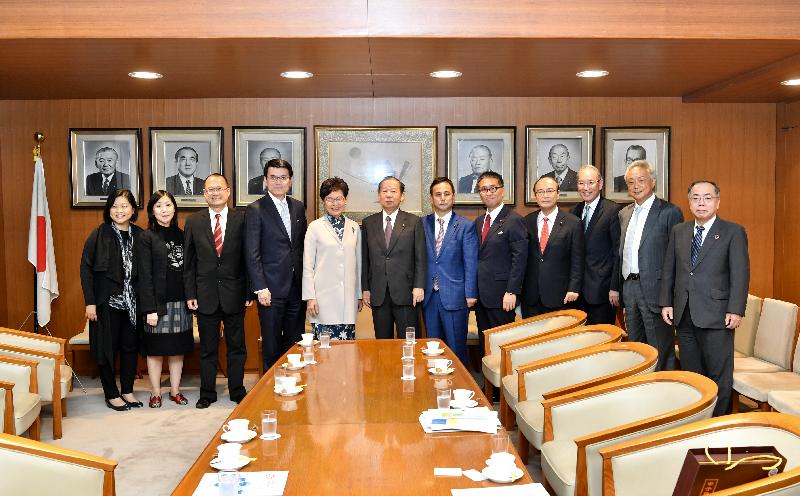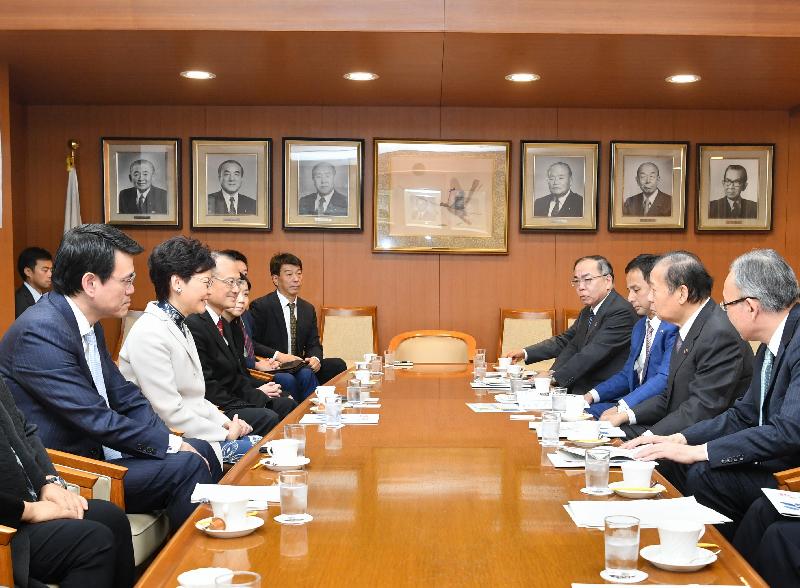Update on number of dengue fever cases
The Centre for Health Protection (CHP) of the Department of Health today (November 2) reported the latest number of cases of dengue fever (DF), and again urged the public to maintain strict environmental hygiene, mosquito control and personal protective measures both locally and during travel.
From October 26 to November 1, the CHP recorded three imported DF cases. The patients had been to Cambodia (one case), the Philippines (one case) and multiple countries and areas (one case, who had been to India and Taiwan) during the incubation period.
As of yesterday (November 1), 135 cases had been confirmed this year, of which 29 were local cases and 106 were imported cases. The imported cases were mainly from Thailand (32), Mainland China (22) and the Philippines (17).
DF remains endemic in some areas of Asia and beyond. The latest figures for 2018 revealed that 70 146 cases had been recorded in Thailand, 2 396 in Singapore (since December 31, 2017) and 153 in Japan. In Taiwan, 169 local cases have been recorded to date in 2018.
The public should take heed of the following advice on mosquito control:
- Thoroughly check all gully traps, roof gutters, surface channels and drains to prevent blockage;
- Scrub and clean drains and surface channels with an alkaline detergent compound at least once a week to remove any deposited mosquito eggs;
- Properly dispose of refuse, such as soft drink cans, empty bottles and boxes, in covered litter containers;
- Completely change the water of flowers and plants at least once a week. The use of saucers should be avoided if possible;
- Level irregular ground surfaces before the rainy season;
- Avoid staying in shrubby areas; and
- Take personal protective measures such as wearing light-coloured long-sleeved clothes and trousers and apply insect repellent containing DEET to clothing or uncovered areas of the body when doing outdoor activities.
- Read the label instructions carefully first;
- Apply right before entering an area with risk of mosquito bites;
- Apply on exposed skin and clothing;
- Use DEET of up to 30 per cent for pregnant women and up to 10 per cent for children*;
- Apply sunscreen first, then insect repellent; and
- Re-apply only when needed and follow the instructions.
* For children who travel to countries or areas where mosquito-borne diseases are endemic or epidemic and where exposure is likely, those aged 2 months or above can use DEET-containing insect repellents with a DEET concentration of up to 30 per cent.
The public may refer to the CHP’s tips for using insect repellents for details. read more


